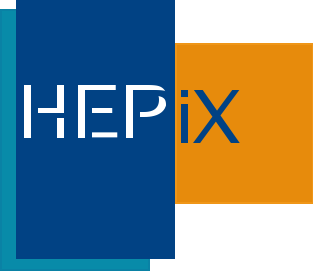Speaker
Bonnie King
(Fermilab)
Description
Fermilab has moved from the era of two large multi-decade experiments to hosting several smaller experiments with a shorter lifecycle. Improvements in micrcontroller performance have moved computers closer to the experiment Data Acquisition systems where custom electronics have previously been used. There are also efforts to standardize DAQ software into reuseable products in alignment with offline analysis tools.
Nearly all DAQ systems in Fermilab experiments contain Linux computers, with or without special hardware, to collect data, build events, generate online monitoring and ship data to offline. The challenge is to productionize DAQ computers (or test stands) that have often been set up by grad students or post docs and have not always been subject to rigorous best practices.
The Experiment Computing Facilities/Scientific Linux Architecture and Management group has had success in onboarding experiment DAQ computer systems to its Experiment Online service, which has reduced duplicate effort, improved resiliency, and introduced industry best practices. Legacy, running and future experiments have adopted our services, all of them presenting different challenges. Additionally, these systems require sensitivity to users' needs for elevated access and agility in development.
We discuss our successes and lessons learned in standing up the Experiment Online service, efficiencies gained from the ITIL service model, and upcoming innovations for Linux-based DAQ computers.
| Length of presentation (max. 20 minutes) | 20 minutes |
|---|
Primary author
Bonnie King
(Fermilab)
